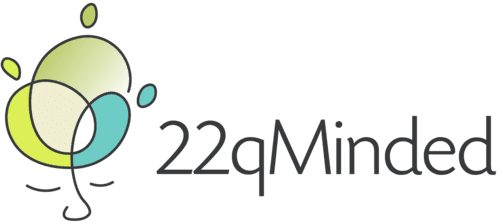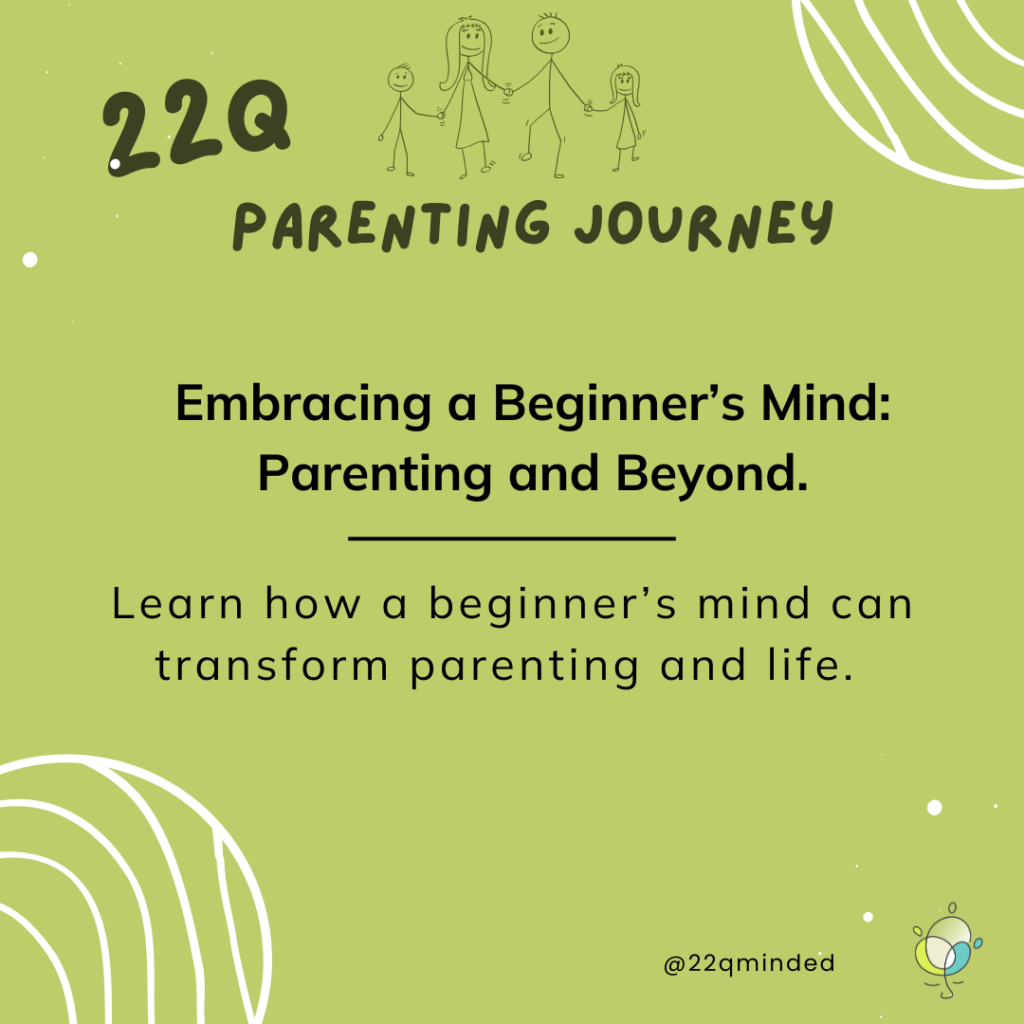What is it?
Inattention is a reduced ability to concentrate on a task. Attention involves focusing on a specific object or activity, like careful observation or listening. Everyone experiences moments of inattention occasionally.
This trait has evolutionary roots, as our ancestors had to divide their attention among multiple tasks for survival. For example, while hunting or gathering, they needed to stay alert to potential threats in their environment. This divided attention helped them respond quickly to dangers.
Why inattention?
Although the threats are different in the modern world, the underlying mechanisms of inattention remain the same. The brain’s tendency to shift focus quickly, which once helped our ancestors stay safe, now manifests as difficulty maintaining prolonged attention amidst numerous modern distractions.
Everyone experiences this natural tendency, reflecting a balance between ancient survival skills and contemporary challenges.
What else?
Inattentive people may make careless mistakes because they have difficulty sustaining focus, following detailed instructions, and organising tasks and activities. They might be described as ‘spacey’ or ‘daydreamy’ or rude as they are perceived to ignore others.
Inattention can be caused by many things such as a lack of sleep, being hungry, or being unfit. It can also be due to learning difficulties, anxiety, low mood or medical causes such as hypothyroidism, anemia, diabetes, allergies or asthma, and epilepsy and other things. For some the reason is an underlying attention deficit.
What is AD(H)D?
Attention Deficit Hyperactivity Disorder (predominantly inattentive presentation) is when difficulty maintaining focus and staying on task becomes persistent and disruptive. It’s like experiencing normal inattention, but more intense and lasting longer and with significant impact on daily life.
People with AD(H)D may find it hard to concentrate, stay organised, or follow through on tasks, making everyday activities challenging. These difficulties can occur unexpectedly or be triggered by specific situations, significantly impacting daily life.
What about 22q?
From research, we know most about del22q11.2, where Attention Deficit Hyperactivity Disorder (ADHD) is one the most prevalent psychiatric disorders diagnosed in childhood, particularly the inattentive subtype.A full 40% of kids with del22q11.2 meet criteria for ADHD. While less adults have the diagnosis, it is important to note that inattention may still be present.
Some of the things that can indicate AD(H)D in kids and adults with 22q-related conditions can include forgetfulness, disengagement, or distractibility. However, it is important not to jump to the conclusion that it must be AD(H)D as there are many physical reasons for inattention so a thorough physical assessment by a paediatrician or psychiatrist is required. In addition, intellectual disability, learning disorders may also present as inattention.
What can help?
Identifying and addressing sensory and learning needs that might impact attentional abilities.
Helping individuals build executive functioning skills including using strategies to manage planning, time management and organising difficulties.
Neurodivergent affirming approaches are best placed to accept and valuing different ways of thinking, learning and experiencing the world
Following medical advice, medication can be helpful to improve attention particularly at school and work.




